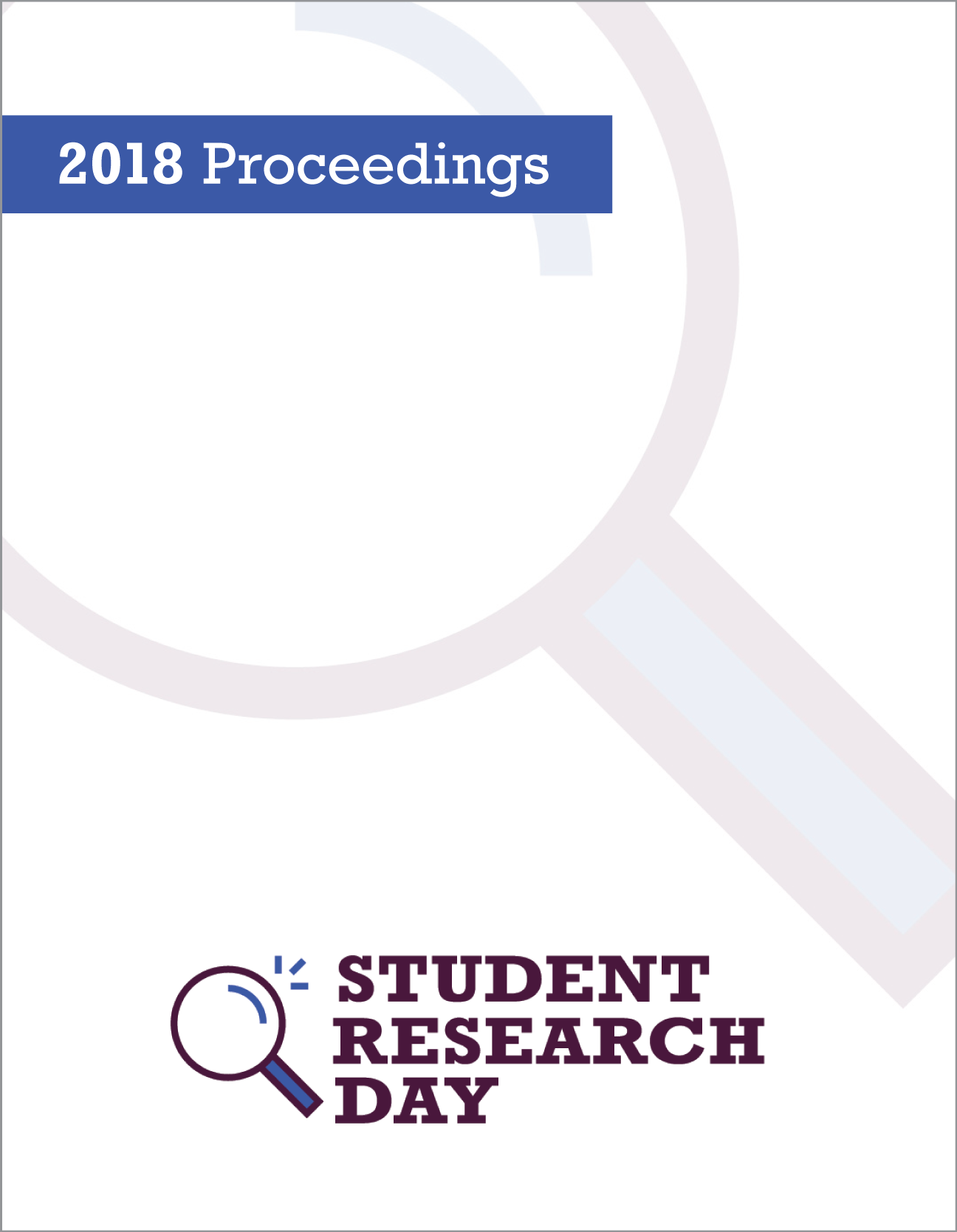Certainty of Persuasive Appeal
Abstract
People believe their opinions directly reflect reality, which commonly leads them to adopt certain views (Ross & Ward, 1996). This certainty of position often leads people to think those who disagree with them are biased and extreme (Blatz, Sumantry, and Mercier, 2017). In the present study, we tested whether opponents who are interpreted as certain and thus more biased have less persuasive appeal than those who are uncertain because they are seen as biased and extreme. Participants on each side of the legalization of marijuana read articles regarding the political issue. The articles were ostentatiously written by an expert source - a doctor describing a position opposite to the participant’s either certainly or uncertainly. We hypothesized that individuals would interpret the certain author as biased and thus less persuasive than the uncertain author. Results suggest that certainty of an opposing opinion did not affect its persuasive appeal. This may be a result of applying the theory to an improper context – an expert source as people may not interpret expert sources as biased. It may also result because of a failure in the study design - the manipulation check of perceived certainty suggested that the passages were not seen as more or less certain. Future directions will be discussed.
Discipline: Psychology
Faculty Mentor: Dr. Craig Blatz
References
Published
Issue
Section
License
Authors retain any and all existing copyright to works contributed to these proceedings.



